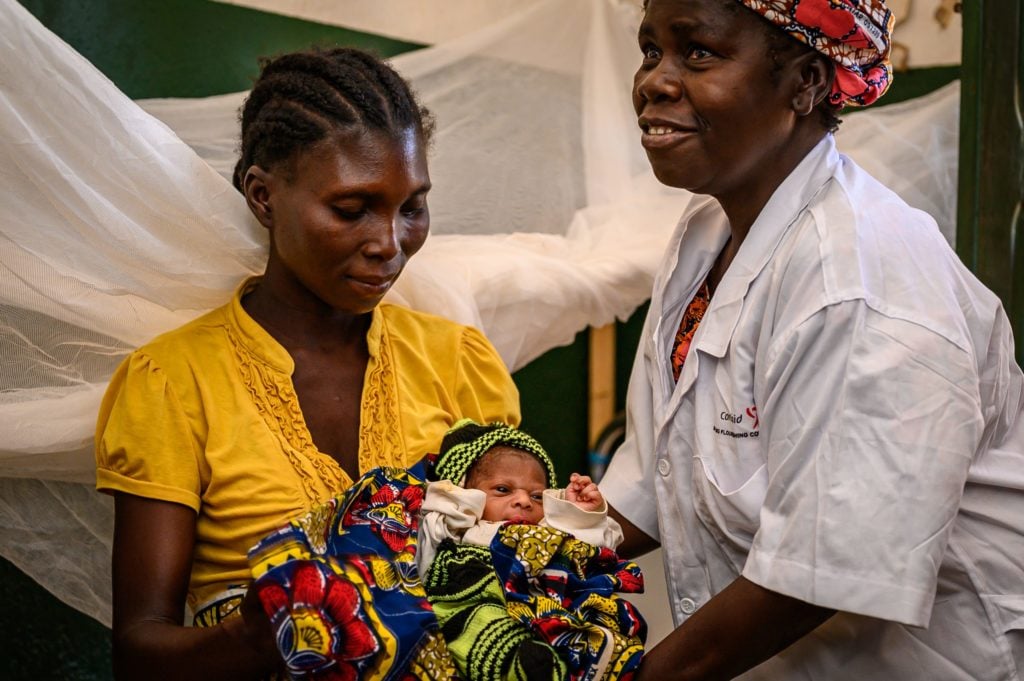The COVID-19 pandemic requires a global solution. This is the opinion of the majority of the Dutch, according to a recent, representative survey conducted by Validators. The survey was commissioned by Cordaid and ONE to look into what the Dutch are thinking about COVID-19 vaccine distribution.

Every country should have its fair share of COVID-19 vaccines
71% of the 700 Dutch people who took part in the survey reject the idea of vaccine nationalism. Rather, they believe that covid-19 vaccines and treatments should be available around the world. Vaccine nationalism is the idea that rich countries buy and secure as many vaccine doses as possible – even more than they can possibly use for their own population – to the detriment of less wealthy nations.
Vaccine nationalism is now so strong that wealthy countries have bought up more than 1 billion doses more than they actually need. Read the international health survey commissioned by Cordaid and ONE (in Dutch).
Two thirds of the Dutch believe that the Netherlands benefits if everyone in the world has access to good and affordable healthcare.
74% of those surveyed believe that pharmaceutical companies should freely share knowledge about how to produce the vaccine so that companies around the world can start producing and distributing the COVID-19 vaccine.
In addition, two-thirds of the Dutch believe that the Netherlands benefits if everyone in the world has access to good and affordable healthcare. More than two-thirds (69%) believe that long-term investments in global health are necessary.
Towards strong health systems
The opinion is also reflected in the recent petition launched by Cordaid together with ONE and other Dutch NGOs. More than 2500 Dutch people signed the petition calling on the Dutch government and the House of Representatives to invest in global health in the next term of the government, from 2021-2025.
The Netherlands must invest more in strengthening health systems worldwide. In a globalized world, infectious diseases that are not treated properly due to weak health systems can bounce back at any time. A strong health system also enables better access to quality, essential health services such as sexual and reproductive healthcare, vaccination, and mental health and psychosocial support. Strengthening health systems is also crucial to achieve the goal of SDG3.
Health also has a direct impact on the social and economic stability of a country. And of course, the most important reason to fight for universal health care: health is a human right. We will never have an equal and just world until every human being has access to this basic human need.
More investments in global health
The survey and the petition show the Dutch are asking for a long-term solution to this health crisis. It is therefore important that the next government continues to see this pandemic as a global crisis requiring a global, sustainable solution. This is to prevent future pandemics and to give everyone the right to health.
